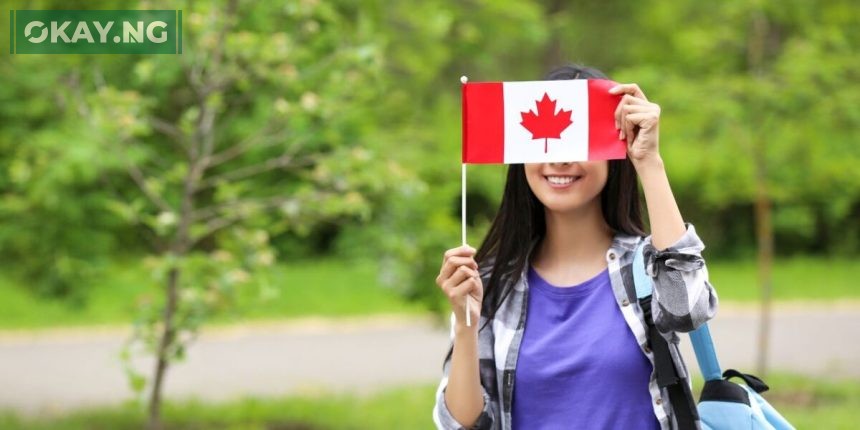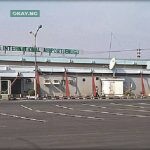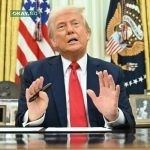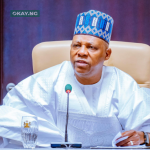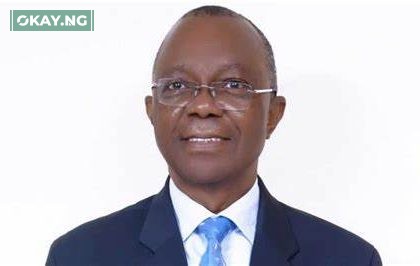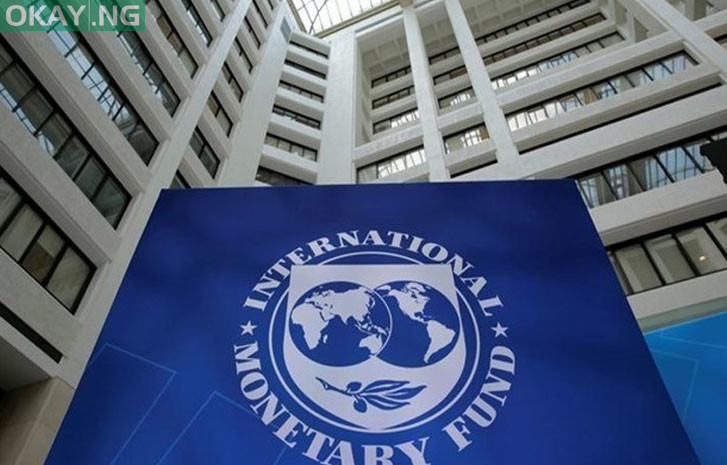A notable shift in international student mobility is underway as policies in the United States, spearheaded by President Donald Trump, appear to be driving a significant increase in applications from American students to Canadian universities. Institutions across Canada are reporting a surge in interest, particularly at the graduate level, as uncertainties surrounding funding and visa regulations in the U.S. prompt students to look north for their academic pursuits.
The University of British Columbia (UBC) in Vancouver has witnessed a remarkable 27% jump in graduate applications from U.S. citizens as of March 1 for programs commencing in the 2025 academic year, a figure that already surpasses the total applications received from the U.S. for the entirety of 2024. This unprecedented demand compelled UBC Vancouver to briefly reopen admissions for several graduate programs this week, signaling a proactive approach to fast-track applications from American students aiming for a September start.
Gage Averill, UBC Vancouver’s provost and vice president of academics, directly attributed this spike to the Trump administration’s recent actions, including the abrupt revocation of foreign student visas and increased scrutiny of their social media activity. “That, as a result, and especially as a result of the very recent crackdown on visas in the United States for international students, and now the development of a center that’s reading foreign students’ social media accounts,” Averill stated, highlighting the growing unease among international students in the U.S.
Canada’s largest university, the University of Toronto, has also reported a rise in applications from the U.S. by its January deadline for 2025 programs. Similarly, the University of Waterloo has noted a significant uptick in U.S. visitors to its campus and a 15% increase in web traffic originating from the United States since September 2024, according to a university spokesperson. While Toronto and Waterloo did not explicitly link the increase to specific U.S. policies, the timing aligns with the growing concerns emanating from south of the border.
The Trump administration has implemented stringent measures impacting higher education, including freezing substantial federal funding to universities, citing concerns over their handling of antisemitism on campus and pressing for policy changes. Furthermore, deportation proceedings have commenced against some detained foreign students involved in pro-Palestinian demonstrations, and hundreds of student visas have been canceled, raising serious questions about the state of free speech and academic liberties within U.S. academic institutions.
“We were concerned about the United States universities, our sister institutions in the U.S., who are under enormous pressure right now,” remarked Averill, specifically referencing the administration’s efforts to withhold funds from universities that maintain diversity and equity initiatives or engage in climate science research.
Interestingly, UBC has observed a more modest 2% increase in undergraduate applications for the current year, with the application window closing around the time of President Trump’s inauguration. However, indicators suggest a growing future interest, with campus tour requests from U.S. students showing a 20% increase.
It is important to note that Canada has implemented a cap on the number of international students allowed into the country for the second consecutive year, potentially creating limitations on the number of U.S. and other international students who can be accommodated. Canada’s immigration ministry has stated that learning institutions are expected to accept only the number of students they can adequately support, including providing housing. The distribution of these capped spaces falls under the purview of individual provinces and territories.
Read Also: US Revokes Parole, Orders Asylum-Seeking Migrants to Depart
Despite these potential constraints, the trend of increased interest from American students underscores a growing perception of Canadian universities as stable and welcoming environments for international education. The University of Toronto, often viewed as an alternative to the U.S. Ivy League institutions, acknowledged a “meaningful increase” in applications from individuals residing or studying in the U.S.
The University of Waterloo, renowned for its technical graduate programs and its strong track record in producing top engineering talent, has also witnessed increased interest and applications from U.S. students in some of its faculties, including engineering. While the university spokesperson did not specify whether these students were American citizens or foreign students currently studying in the U.S., the overall picture points towards a significant demographic shift in international student applications.
The United States currently ranks among the top three countries for international student enrollment at UBC, with approximately 1,500 U.S. students enrolled across its graduate and undergraduate programs. The recent surge in applications suggests this number could see a substantial increase in the coming academic year, reflecting a broader trend of American students seeking educational opportunities in a climate they perceive as more stable and supportive.
As the situation unfolds, the implications for both Canadian and U.S. higher education remain significant. While Canadian universities may benefit from an influx of talented American students, the challenges faced by U.S. institutions and the concerns raised about academic freedom and international collaboration warrant close attention. This evolving landscape underscores the interconnectedness of global education and the profound impact of national policies on the choices and opportunities available to students worldwide.


